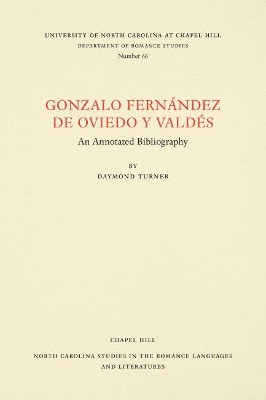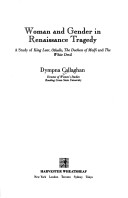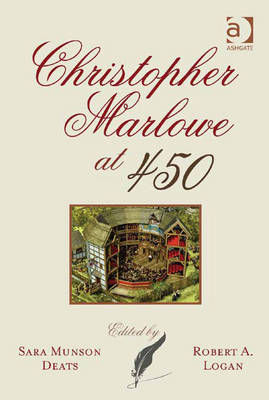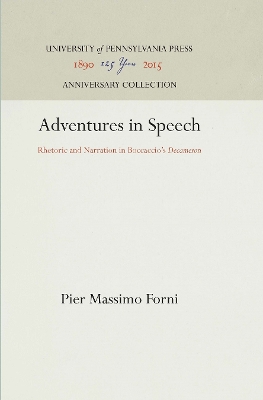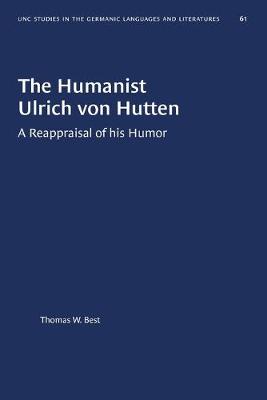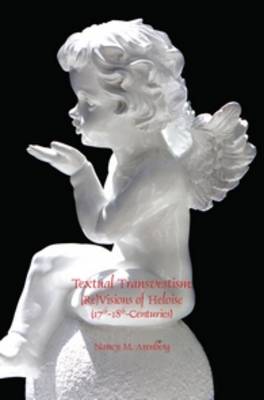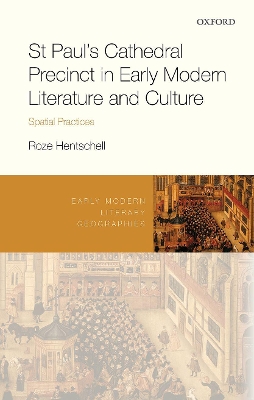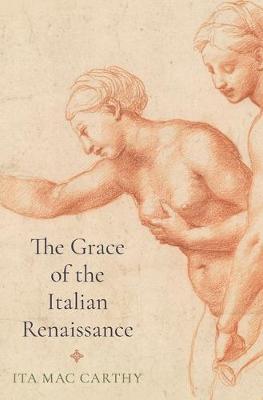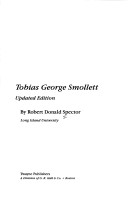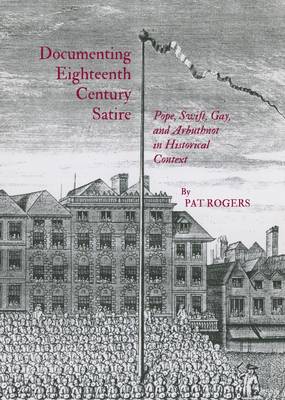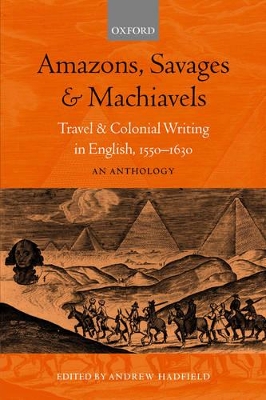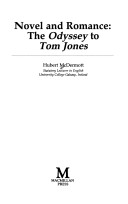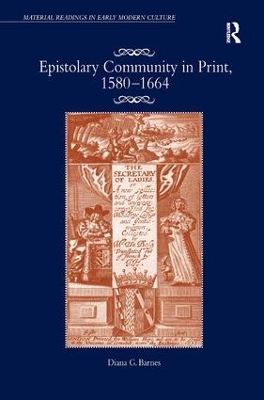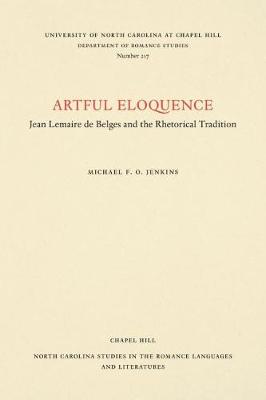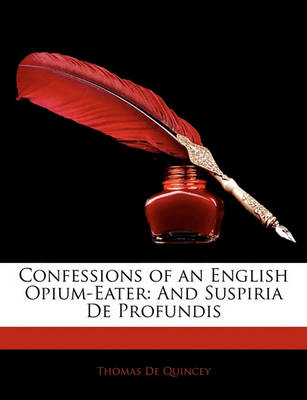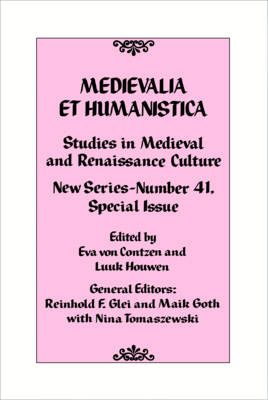Gonzalo Fernandez de Oviedo y Valdes (North Carolina Studies in the Romance Languages and Literatures)
by Daymond Turner
Published in 1966, this bibliography of Oviedo went far toward advancing factual knowledge about the life and works of a great writer who explored early sixteenth-century America and commented upon its flora and fauna and aboriginal Indian life.
Drawing on recent developments in critical and psychoanalytic theory, this feminist study offers a radical reading of gender in Renaissance tragedy by looking at constructions of the category "woman" through language, ideology and subjectivity, thereby challenging the notion that key heroines of 16th- and 17th-century drama can be seen as representations of Renaissance womankind.
Christopher Marlowe at 450
There has never been a retrospective on Christopher Marlowe as comprehensive, complete and up-to-date in appraising the Marlovian landscape. Each chapter has been written by an eminent, international Marlovian scholar to determine what has been covered, what has not, and what scholarship and criticism will or might focus on next. The volume considers all of Marlowe's dramas and his poetry, including his translations, as well as the following special topics: Critical Approaches to Marlowe; Marlow...
Commerce, Peace and the Arts in Renaissance Venice
by Professor Linda L Carroll
Drawing material from a wide range of original sources, this book identifies a network of early modern Venetian patrician merchant and banking families. The book explores their commercial activities and consequent preferences in international relations, as well as how both were served by cultural works, all within the monumental changes taking place in fifteenth- and sixteenth-century Venice. In a study of patronage in the broadest sense, Linda Carroll reads vast quantities of unpublished prima...
Ulrich von Hutten (1488-1523), Renaissance-Reformation publisher and ardent champion of German nationalism, has previously been characterized as a bitter and vehement political satirist. From this concise, critical survey of his comic writing a more balanced, congenial image of Hutten emerges.
Textual Transvestism: (Re)Visions of Heloise (17th-18th-Centuries) (Faux Titre, #398)
by Nancy M. Arenberg
Textual Transvestism analyzes the flourishing of imitative versions of Heloise's and Abelard's love correspondence in the late 17th and 18th centuries. Current theoretical approaches on epistolarity, narratology, cultural, feminist and gender studies have been used to focus on the various transformations (rewriting, adapting, veiling, fragmenting) of Heloise's epistles, mainly in the hands of male writers. I employ close textual analysis to investigate how the multiple (re)visions of her epistol...
St Paul's Cathedral Precinct in Early Modern Literature and Culture (Early Modern Literary Geographies)
by Roze Hentschell
Prior to the 1666 fire of London, St Paul's Cathedral was an important central site for religious, commercial, and social life in London. The literature of the period - both fictional and historical - reveals a great interest in the space, and show it to be complex and contested, with multiple functions and uses beyond its status as a church. St Paul's Cathedral Precinct in Early Modern Literature and Culture: Spatial Practices animates the cathedral space by focusing on the every day functions...
How grace shaped the Renaissance in Italy"Grace" emerges as a keyword in the culture and society of sixteenth-century Italy. The Grace of the Italian Renaissance explores how it conveys and connects the most pressing ethical, social and aesthetic concerns of an age concerned with the reactivation of ancient ideas in a changing world. The book reassesses artists such as Francesco del Cossa, Raphael and Michelangelo and explores anew writers like Castiglione, Ariosto, Tullia d'Aragona and Vittoria...
Phillis Wheatley, the African-born slave poet, is considered by many to be a pioneer of Anglo-American poetics. This study argues how in her 1773 POEMS, Wheatley uses John Milton's poetry to develop an idealistic vision of an emerging Anglo-American republic comprised of Britons, Africans, Native Americans, and women.
Davis's study could scarcely be more timely or invigorating. SEAN KEILEN, College of William and Mary. Williamsburg VA A majority of the fiction composed in England in the second half of the sixteenth century was set inthe past. All the major prose writers of the period (Thomas Lodge, Sir Philip Sidney, Thomas Nashe, Thomas Deloney, Robert Greene) produced historical fiction, with settings ranging from the ancient world (as in Sidney's Arcadia) to the time of Henry VIII (in Nashe's The Unfort...
Tobias George Smollett (Twayne's english authors series, no 75)
by Robert Donald Spector
Writing the Rebellion (Oxford Studies in American Literary History, #3)
by Philip Gould
Writing the Rebellion presents a cultural history of loyalist writing in early America. There has been a spate of related works recently, but Philip Gould's narrative offers a completely different view of the loyalist/patriot contentions than appears in any of these accounts. By focusing on the literary projections of the loyalist cause, Gould dissolves the old legend that loyalists were more British than American, and patriots the embodiment of a new sensibility drawn from their American situa...
The Eighteenth-century Novel v. 6
Documenting Eighteenth Century Satire provides a historicized view of Augustan satire, through detailed readings of individual works. It aims to show how these satires can be "documented" in various ways to reveal richer meanings. The book ranges across different modes of satire, in poetry, prose and drama. It covers some of the best known works of eighteenth-century British literature, including The Rape of the Lock, The Dunciad, and The Beggar's Opera. In addition it deals with less familiar b...
Amazons, Savages, and Machiavels
Here is a broad-based and accessible anthology of travel and colonial writing in the English Renaissance, selected to represent the world-picture of sixteenth- and seventeenth-century readers in England. It includes not just the narratives of discovery of the New World but also accounts of cultures already well known through trade links, such as Turkey and the Moluccan islands, and of places that featured just as significantly in the early modern English imagination: from Ireland to Russia and t...
McDermott argues that the novels of the 18th century should be seen as part of an age-old European tradition going back to Homer rather than as a unique English event. He examines European fictional narratives and Romance and their influence on authors such as Richardson and Fielding. Hubert McDermott has published articles on many aspects of fiction, from Greek and Roman to Anglo-Irish and English fiction. He is a member of the Governing body of University College Galway, and of the National Co...
Epistolary Community in Print, 1580–1664 (Material Readings in Early Modern Culture)
by Diana G. Barnes
Epistolary Community in Print contends that the printed letter is an inherently sociable genre ideally suited to the theorisation of community in early modern England. In manual, prose or poetic form, printed letter collections make private matters public, and in so doing reveal, first how tenuous is the divide between these two realms in the early modern period and, second, how each collection helps to constitute particular communities of readers. Consequently, as Epistolary Community details,...
Artful Eloquence (North Carolina Studies in the Romance Languages and Literatures)
by Michael F.O. Jenkins
Jenkins challenges the notion that Lemaire's recourse to rhetoric was an artistic failure, arguing that rhetoric was actually his success. He demonstrates the importance of rhetoric in pre-Renaissance French literature, filling a crucial gap in previous scholarship. Jenkins provides an overview of rhetorical tradition and Lemair's knowledge of it before performing an analysis of some of the rhetorical aspects of Lemaire's writing.
Confessions of an English Opium-Eater (Penguin Great Ideas) (Revolution & Romanticism S., 1789-1834)
by Thomas de Quincey
With an Introduction and Notes by David Ellis, University of Kent at Canterbury. In the first part of this famous work, published in 1821 but then revised and expanded in 1856, De Quincey vividly describes a number of experiences during his boyhood which he implies laid the foundations for his later life of helpless drug addiction. The second part consists of his remarkable account of the pleasures and pains of opium, ostensibly offered as a muted apology for the course his life had taken bu...
British Identities, Heroic Nationalisms, and the Gothic Novel, 1764-1824
by Toni Wein
British Identities, Heroic Nationalisms, and the Gothic Novel, 1764-1824 considers three interlocking developments of this period: the emergence of the Gothic novel at a time when national upheavals required the construction of a new nationalist identity, the Gothic novel's redefinition of heroes and heroism in that nationalist debate, and changes within class and gender as well as audience and author relations. The scope of this study extends beyond the confines of the novel proper to include c...
Medievalia et Humanistica, No. 41 (Medievalia et Humanistica)
Since its founding in 1943, Medievalia et Humanistica has won worldwide recognition as the first scholarly publication in America to devote itself entirely to medieval and Renaissance studies. Since 1970, a new series, sponsored by the Modern Language Association of America and edited by an international board of distinguished scholars and critics, has published interdisciplinary articles. In yearly hardcover volumes, the new series publishes significant scholarship, criticism, and reviews treat...
